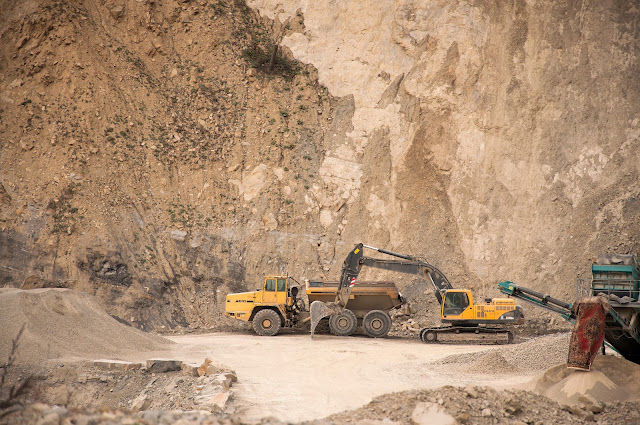Introduction
Mini excavators, often referred to as compact excavators, are powerful machines that have revolutionized the construction and landscaping industries. But what is a mini excavator, and why are they so popular? In this comprehensive guide, we will delve into the world of mini excavators, exploring their functions, and advantages, and answering frequently asked questions. So, let's dig right in!
A mini excavator is a compact, hydraulic-powered construction machine designed for various digging and excavation tasks. These machines are versatile and come in a range of sizes, typically weighing between 1,000 and 20,000 pounds. They are characterized by their ability to maneuver in tight spaces, making them invaluable for both small-scale and large-scale construction projects.
The Anatomy of a Mini Excavator
To understand what a mini excavator is, let's break down its essential components:
1. Boom: The arm of the excavator that extends outward.
2. Bucket: Attached to the boom, this is the part that does the digging.
3. Hydraulic System: Powers the excavator's movements.
4. Tracks or Wheels: Provide mobility and stability.
5. Cabin: Where the operator controls the machine.
Advantages of Mini Excavators
Mini excavators offer a multitude of advantages, making them indispensable in various industries. Here are some key benefits:
1. Versatility
Mini excavators can perform a wide range of tasks, including digging trenches, grading, demolishing structures, and more. Their compact size allows them to access confined areas, making them ideal for urban construction projects.
2. Maneuverability
Their small size and precise control systems enable operators to navigate through tight spaces with ease. This minimizes the need for manual labor and reduces project timelines.
3. Efficiency
Mini excavators are known for their speed and precision. They can complete tasks quickly and accurately, increasing overall project efficiency.
4. Cost-Effective
Due to their versatility and efficiency, mini excavators can save businesses money in the long run by reducing labor costs and increasing productivity.
What Can You Do with a Mini Excavator?
Now that we understand what a mini excavator is and its advantages, let's explore the various applications of these remarkable machines:
1. Digging Foundations
Mini excavators are commonly used for digging trenches and foundations for buildings, ensuring a stable base for construction.
2. Landscaping
In landscaping, mini excavators excel at tasks like digging ponds, shaping terrain, and removing trees or shrubs.
3. Demolition
Their precise control makes mini excavators suitable for demolishing small structures while minimizing collateral damage.
4. Utility Installation
Mini excavators are essential for installing underground utilities such as water, sewer, and electrical lines.
5. Snow Removal
In regions with heavy snowfall, mini excavators equipped with snowplows are used to clear roads and parking lots efficiently.
6. Agriculture
Farmers employ mini excavators for digging irrigation ditches, removing debris, and preparing fields for planting.
FAQs about Mini Excavators
Let's address some common questions people have about mini excavators:
Q: Are mini excavators easy to operate?
A mini excavator can be operated by a trained individual. However, it's essential to receive proper training to ensure safe and efficient usage.
Q: What maintenance do mini excavators require?
Regular maintenance includes checking hydraulic systems, lubricating moving parts, and inspecting tracks or wheels.
Q: Can mini excavators be used in residential projects?
Yes, mini excavators are ideal for residential projects due to their compact size and versatility.
Q: Are mini excavators environmentally friendly?
Many modern mini excavators are designed to be fuel-efficient and produce fewer emissions, making them more environmentally friendly.
Q: What safety precautions should be taken when operating a mini excavator?
Operators should wear appropriate safety gear, avoid operating near steep slopes, and follow manufacturer guidelines for safe operation.
Q: Can I rent a mini excavator for a short-term project?
Yes, many equipment rental companies offer mini excavators for short-term projects, providing a cost-effective solution.
Conclusion
In conclusion, mini excavators are versatile machines with a wide range of applications in construction, landscaping, and various other industries. They offer efficiency, maneuverability, and cost-effectiveness, making them valuable assets for any project. Whether you're a contractor, landscaper, or homeowner, understanding what a mini excavator is and how it can benefit you is essential. So, the next time you have a digging or excavation task, consider the incredible capabilities of a mini excavator.
Excavator Rental | Excavator Rental Near Me

Comments
Post a Comment